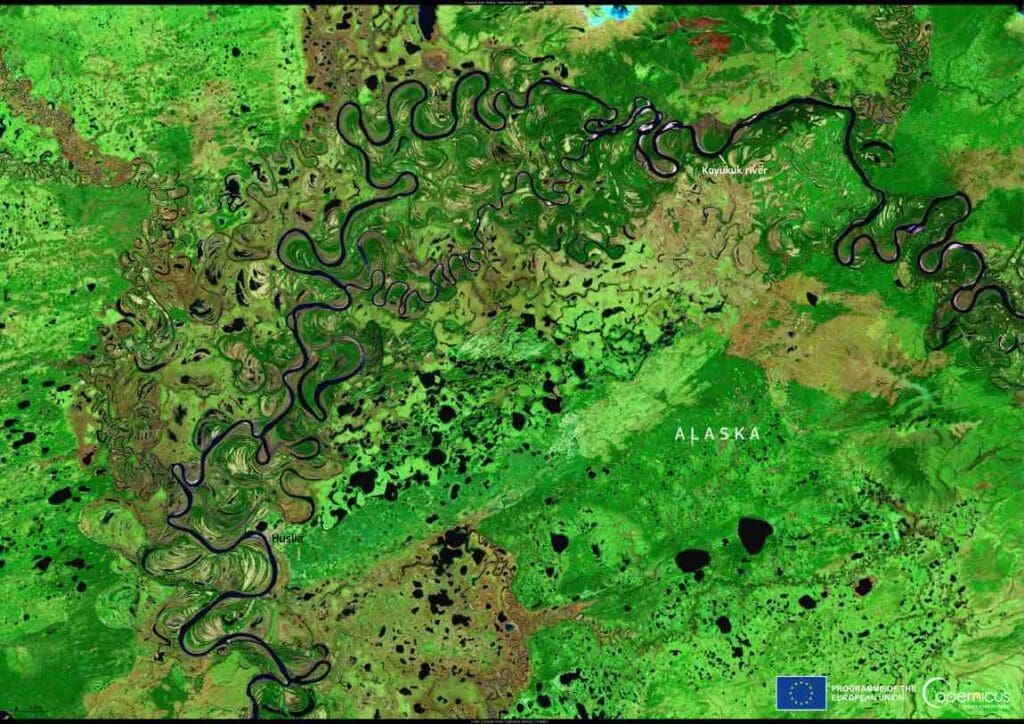A coalition of Civil Society Organizations (CSOs) from South Africa, Indonesia, Vietnam, and Senegal has launched the ‘Principles for a Fair Just Energy Transition Partnership (JETP)’ ahead of the G7 Summit. This initiative, revealed in a virtual press conference, outlines crucial principles aimed at ensuring accountability, transparency, and equity in global climate finance, particularly for the Global South communities poised to receive JETP support.
The unveiling of these principles comes as the world looks to the G7 leaders, who will gather from June 13th to discuss, among other topics, climate action and financing. The JETP deals already in place in South Africa, Indonesia, Vietnam, and Senegal highlight the urgent need for substantial and equitable financial support to tackle the climate crisis effectively. With COP29 approaching in November, there is growing pressure on developed nations to honor and extend their climate finance commitments without exacerbating the debt burdens of developing countries.
The collective effort to draft these principles was led by various CSOs, including 350africa.org, 350.org Indonesia, Trend Asia, Nu Climate Movement, Enviro Vito, Good Governance Africa, Lumière Synergie Développement (LSD), and Action Solidaire International (ASI). Their goal is to advocate for fair and ambitious climate finance that truly reflects and supports the needs of developing nations.
Key Voices and Concerns
Alia Kajee, Public Finance Campaigner at 350.org, emphasized the power dynamics at play in international finance:
“Finance is not neutral; it can support transformative aspirations or perpetuate injustices under the guise of environmental progress. The current international financial system reveals significant power imbalances between developed and developing nations, which must be addressed to achieve just, people-centered climate action.”
Ndeye Fatou Sy, Program Manager at Lumière Synergie Développement (LSD), called for financial mechanisms that align with justice objectives:
“Finance ministers must prioritize funding mechanisms aligned with justice objectives to avoid undue strain on national economies, while ensuring greater transparency and accountability within JETPs. These partnerships, guided by principles ensuring efficacy and impact, are critical for driving effective climate action.”
Andreas Sieber, Associate Director of Policy and Campaigns at 350.org, highlighted the need for a principled approach to finance:
“A principled approach to finance is vital for navigating the global climate finance landscape, ensuring equitable and effective solutions. Initiatives like JETP highlight the need for just transitions, but aligning them with national climate finance direction and unlocking public finance, particularly in the Global South, is crucial. It is crucial that G7 member states demonstrate willingness to deliver finance at COP29.”
Context and Urgency
This launch underscores the disparity between developed and developing countries in addressing climate change. The Global South is often left grappling with high-interest loans and restrictive conditions attached to climate finance from wealthier nations. This imbalance hinders effective climate action and deepens economic strain on already vulnerable economies.
Maureen Harris, Senior Advisor at International Rivers and coordinator of the Vietnam Climate Defenders Coalition, pointed out the adverse effects of this imbalance:
“In Vietnam, the government has committed to a just energy transition and signed up for a JETP, while at the same time imprisoning the country’s leading climate defenders. Targeted attacks on climate leaders and environmental organizations severely limit genuine opportunities for consultation with civil society, which are essential to any just transition. To meet the urgency of the climate crisis, energy transition financing must center principles of transparency, participation, and accountability, towards truly just and sustainable solutions.”
Liangyi Chang, Asia Managing Director at 350.org, added:
“In the scorching grip of the 2024 climate heat wave, Asia bears witness to the harsh reality of climate change. As temperatures soar and ecosystems strain, the urgency of transitioning to renewable energy becomes ever more apparent. Every climate leader from civil society shall be part of the Just Energy Transition Partnership from all governments, only together can we make it possible to solve the climate disruption.”
Moving Forward
The launch of the ‘Principles for a Fair JETP’ framework is a call to action for G7 leaders and other global stakeholders. As the climate crisis intensifies, the need for just and equitable climate finance becomes more pressing. The CSOs behind this initiative urge a reevaluation of how climate finance is delivered, advocating for an approach that supports sustainable development without burdening the Global South with further debt.
As discussions around COP29 gear up, the spotlight is on whether developed nations will step up to ensure climate finance aligns with the principles of justice and equity. The world watches as G7 leaders convene, hoping for commitments that reflect the urgency and gravity of the global climate challenge.
More information:
350.org is an international movement of people working to end the age of fossil fuels and build a world of community-centered renewable energy for all
Article Source:
Press Release/Material by 350.org
Featured image credit: user6702303 | Freepik.com




